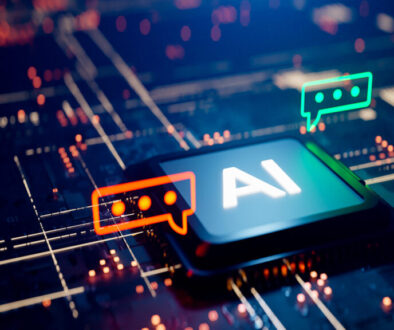A Dilemma: Urgency vs. Importance
Those who have experienced periods of high workloads, where it seems that everything to be done is of utmost priority, are likely familiar with the expression: “What is urgent is not necessarily important.” This phrase is used to call for calm and to highlight the distinction between what is truly strategic and what is merely a task requiring timely attention.
This statement, which might seem obvious to some, has a psychological background that the academic and author of several bestsellers, Robert Cialdini, explained some years ago in his book “Pre-suasion.” In a very educational manner, the expert discusses the irrational tendency of humans to assign unjustified levels of importance to what receives attention, which, in other words, can easily lead to confusing the urgent with the important.
So, what does this topic have to do with anything? Well, a few days ago, while reading the opinions of various business leaders from some of the world’s most prominent companies in The Wall Street Journal – companies like Amazon, Meta, Apple, Alphabet, Caterpillar, Exxon Mobil, and Ford, among others – regarding what 2023 holds, I recalled this expression. It was interesting to see how some CEOs are looking beyond the challenging macroeconomic context, while others, possibly due to the nature of their industry, are primarily focused on how to cope with it.
In light of this, without intending to downplay significant challenges such as inflation, international tension, the effects of the pandemic, and macroeconomic uncertainty, I would like to briefly focus on those entrepreneurs who are already advancing towards the next industrial revolution: artificial intelligence (AI).
In the words of Lisa Su, CEO of the American technology company AMD, artificial intelligence is “in the early stages of transforming virtually all industries, services, and products.” Personally, I believe this perspective reflects reality and allows us to grasp the magnitude of the change that is just beginning to take shape.
For how long will the traditional university model endure? Can expensive 4 or 5-year undergraduate programs compete with practical online education for mastering new digital tools? What will happen to the job market? Will the retirement age we have today be maintained? Is it worth it for companies to continue investing in physical infrastructure? Are we on the brink of the end of human-mediated customer service? These questions, which only scratch the surface of the widespread sentiment ignited by the rise of ChatGPT from OpenAI and Bard from Google, compel the productive apparatus of different countries to consider whether they are addressing the urgent at the expense of the important.
In this context, for those still skeptical of Lisa Su’s statement, it’s worth reflecting on how just 2 or 3 decades ago, elements like the internet, wireless communication, social networks, and smartphones, to name a few examples, evolved from misunderstood and intangible concepts to mark an unprecedented chapter in modern civilization’s history.
Today, with the impact of new technological developments, a new window of opportunity opens up for those who can navigate the complex global economic landscape while understanding the cross-cutting implications of artificial intelligence (AI) and the metaverse.
Of course, as this is still in its infancy, it cannot be conceived as a binary scenario of black and white. The key here is to understand that any approach is valid, as long as the distinction between urgency and importance is kept in mind, and above all, efforts are directed toward the primary asset of any business: its people.
Juan Pablo Ruiz
Expert in Digital Transformation




